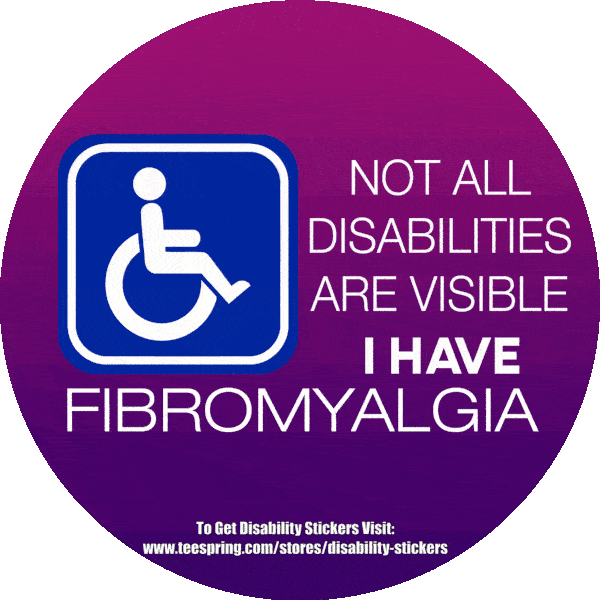Research doesn’t shed any light on whether dyscalculia could be part of FMS or ME/CFS. It’s just not something scientists have taken enough interest in. (which is fine—I’d much rather they focused on things like treatments and underlying mechanism.) Dyscalculia not only impairs math and number abilities (forgetting concepts, transposing numbers), it also involves:
- >>Difficulties with time: Inability to remember schedules, keeps track of time, or remembers a sequence of events.
- >>Spacial problems: Impaired direction sense and memory of how things are laid out, leading to frequently getting lost or becoming disoriented.
- >>Difficulty sight-reading music or learning instrument fingerings
- >>Difficulty numbering names
Any of that sound familiar? It’s incredibly common for us to get lost, or forget how to get where we’re going. Who among us hasn’t lost their car in a parking lot?? I used to have pretty good ability to sight –read and learn new music, but now I really struggle with it.
Have you noticed that math is a lot harder, or that you have more trouble keeping track of time since you developed fibromyalgia (FMS) and chronic fatigue syndrome (CFS or ME/CFS)? A lot of us do. So when I read about dyscalculia –a learning disability that deals with math – I had to wonder if it’s common in us. Dyscalculia is similar to dysphasia, which includes that word—finding difficulties so many of us have.
Dyscalculia isn’t something you can a pill for; it’s something you have to live with. The good news is that it is recognized learning disability, just like dyslexia and dysphasia. If it causes problems for you at work/school, you can talk to your boos/teacher about having this learning disability without having to disclose that you have FMS or ME/CFS, or trying to explain brain fog. Learning disabilities are covered under the American with Disabilities Act, so if you can actually b diagnosed with dyscalculia you can request reasonable accommodation. I know I’ve lost the ability to do mental math or remember numbers, even for a short time.
The flow of time is difficult for me to judge, too. One time, I got frustrated with my husband for “nagging” me about laundry, when I’d several loads a few days before – – or so I thought. When I did a load for him, I counted 17 shirts. It has been 2.5 weeks since I’d washed anything, and I’d have sworn it it was maybe 5 days.
Research shows that dyscalculia involves dysfunction in a specific part of the brain, meaning all of those problems come from the same cause. To me, this is huge because now I know that many of my dysfunctions could have the same root cause; they’re one problem instead of 6 unrelated ones.
I use online games for cognitive training, and this knowledge gives me a much simpler plan of attack for improving my math, time sense, direction sense, musical ability, name recall etc—if I can improve one of these things, it should spill over into the others, because it all comes from one part of the brain. The term dyscalculia doesn’t get a lot of use even in schools, so it might be easier to say you have a “learning disability in applied math”.
Causes of math disabilities
As with other types of learning disabilities, dyscalculia is believed to involve the language and visual processing centers of the brain. Evidence suggests learning disabilities such as dyscalculia may be inherited or may be caused by problems with brain development. Exposure to prenatal or environmental toxins (such as lead paint) may also play a role.
Characteristics
Dyscalculia includes a wide range of math difficulty. Dyscalculia involves the inability to understand the meaning of numbers their quantities. Students with dyscalculia cannot understand basic operations of additions and subtraction. They may not understand complex problems such as multiplication, division, and more abstract problems. Because they do not understand math concepts, they do not remember and cannot build on them to master more complex problems.
Assessment of dyscalculia
Some assessments are especially marketed as dyscalculia tests. It is possible, however, for evaluators to determine if a child has dyscalculia and learning disabilities in math through general types of diagnostic math assessments, review of student work, and cognitive assessments. Whatever assessment is used, it is most important that evaluators identify the specific deficits affecting your child math’s abilities to enable teachers to develop appropriate instruction to address those problems.
What to do if you suspect your child has dyscalculia
If you believe or your child has dyscalculia and may be learning disabled, contact your school principal or counselor for information on how to request an assessment of your child. For students in college and vocational programs, the school advising office can assist with finding appropriate resources. For support and Discussion Join the Support group “Living with fibromyalgia and Chronic illness”
Reference: Problems With Time & Math in Fibromyalgia & ME/CFS Is it Dyscalculia? By Adrienne Dellwovia Very Well

Disability Invisible illess awareness BUMPER STICKER fibromyalgia – stop ther judging you. Click Here to ge this

